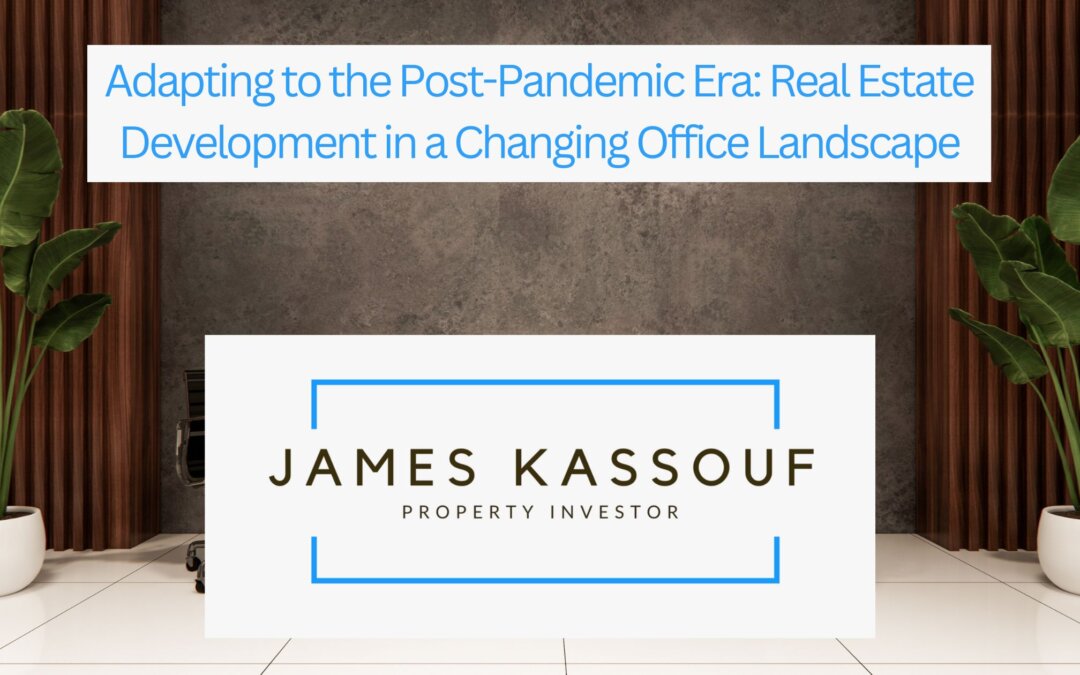The COVID-19 pandemic has brought about significant changes in how we work and has profoundly impacted the office real estate sector. As organizations and employees adapt to new work models and safety requirements, real estate developers face the challenge of reimagining office spaces to meet the evolving needs of the post-pandemic era. This article explores the key considerations for real estate development in a changing office landscape.
Remote Work & New Work Models
One of the primary factors influencing the office real estate sector is the widespread adoption of remote work. During the pandemic, businesses were forced to quickly transition to remote work models to ensure the safety of their employees. This experience has shown many organizations that remote work is feasible and can provide flexibility and cost savings. As a result, real estate developers must consider how to adapt office spaces to accommodate the growing trend of remote and hybrid work models.
Health & Safety Focus
Another significant consideration is the focus on health and safety in office spaces. The pandemic has heightened awareness of maintaining a clean and healthy workplace. Real estate developers need to invest in technologies and design features that promote hygiene and ensure the well-being of occupants. This may include touchless entry systems, improved ventilation and air filtration systems, and the integration of antimicrobial surfaces.
Amenities
The changing office landscape also calls for reevaluating the amenities and services offered within office buildings. As employees spend less time in traditional office spaces, developers must consider making the office environment more attractive and engaging. This may involve incorporating fitness centers, communal spaces, and wellness facilities that promote work-life balance and employee well-being. Real estate developers can also partner with local businesses to provide on-site services such as dining options and convenience stores, creating a more self-contained and convenient workplace experience.
Sustainability
Furthermore, sustainability and environmental considerations remain critical factors in real estate development. The pandemic has further highlighted the need to address climate change and promote a more sustainable future. Real estate developers can incorporate green building practices, such as energy-efficient systems, renewable energy sources, and sustainable materials, into their projects.
Flexibility and Adaptability
Flexibility and adaptability remain key considerations in the post-pandemic office landscape. The past year’s events have shown that unexpected disruptions can occur, requiring businesses to adapt and adjust their operations. Real estate developers can address this by creating easily reconfigurable office spaces with modular furniture and flexible layouts that accommodate changing needs.
The post-pandemic era presents challenges and opportunities for real estate developers in the office sector. Adapting to the changing office landscape requires reimagining office spaces to accommodate remote work, prioritize health and safety, offer attractive amenities, promote sustainability, and provide flexibility. By embracing these considerations, real estate developers can create office spaces that meet the evolving needs of organizations and employees, ensuring their projects’ long-term viability and success in the post-pandemic world.

